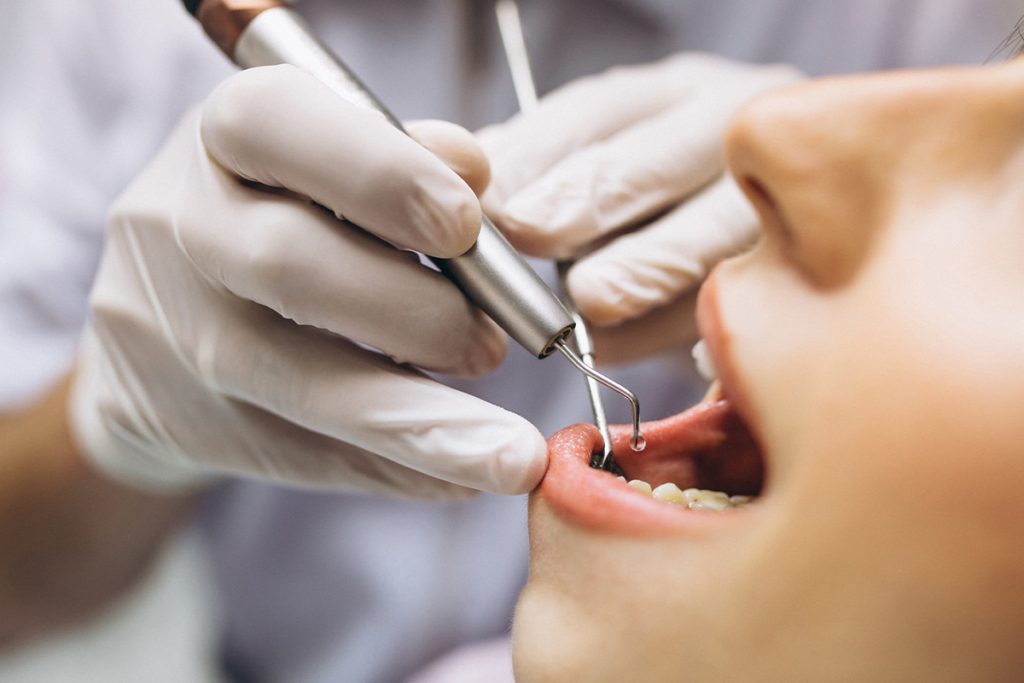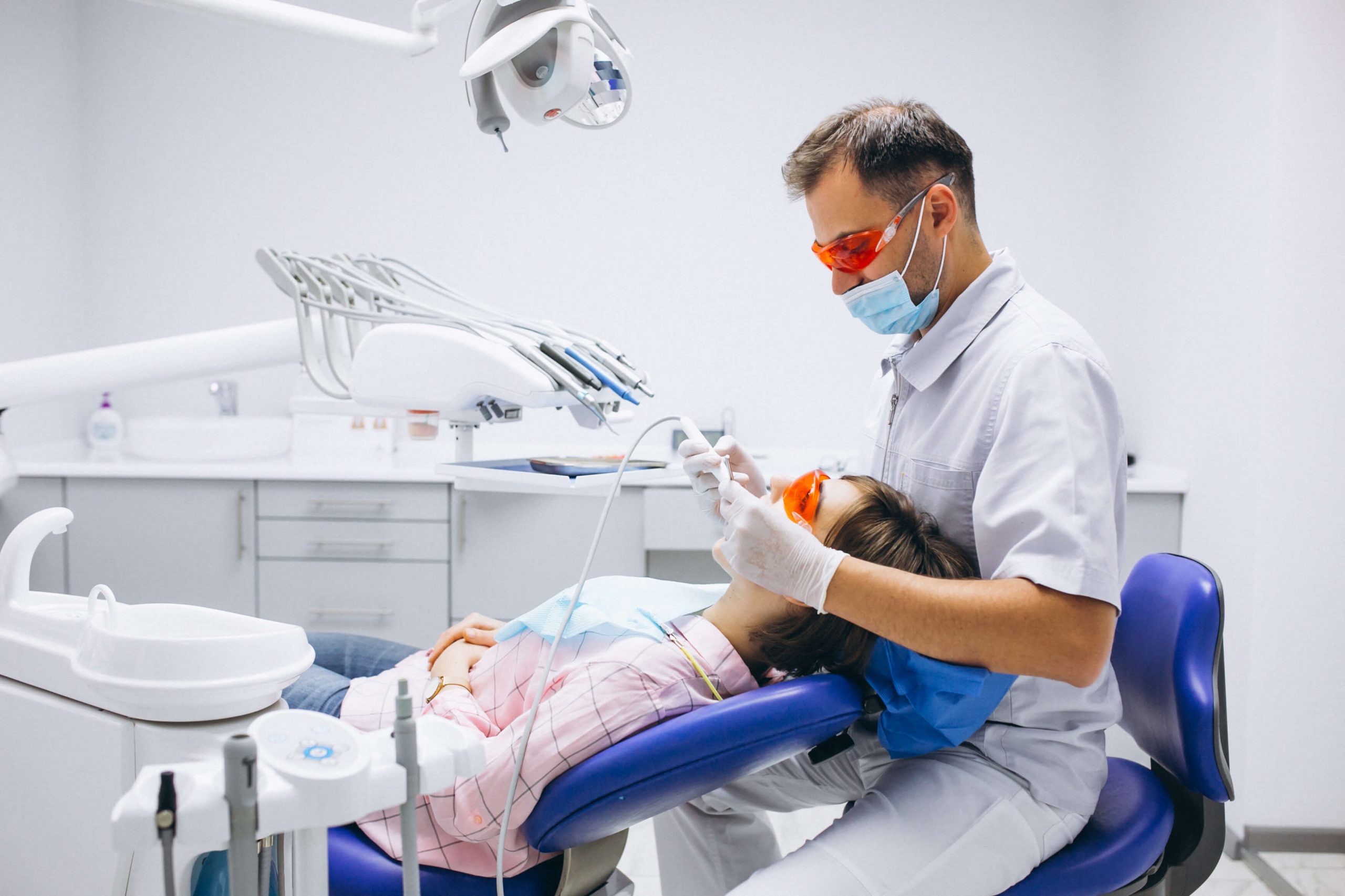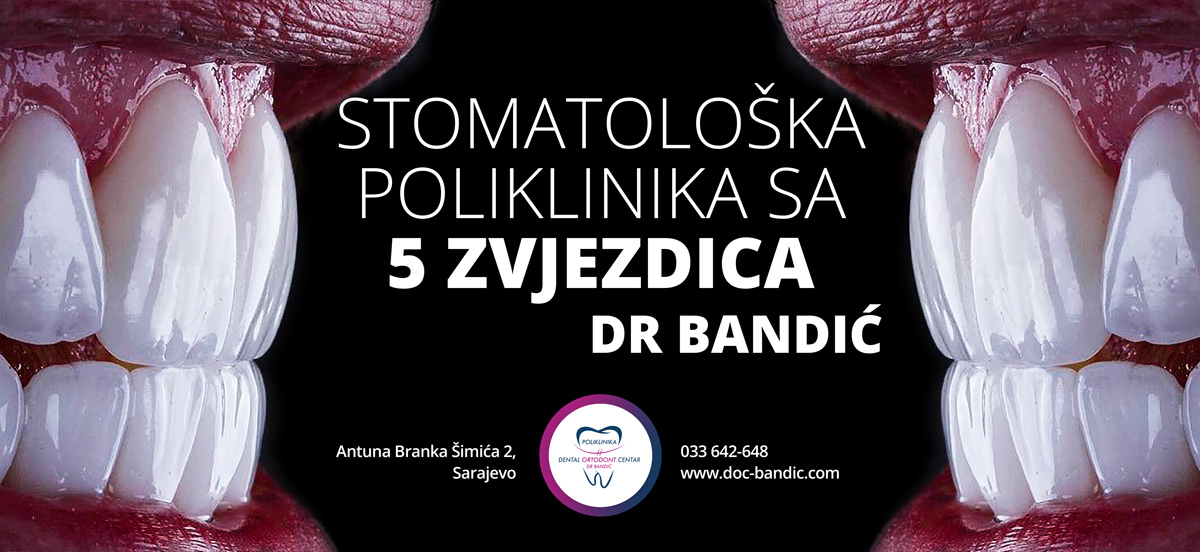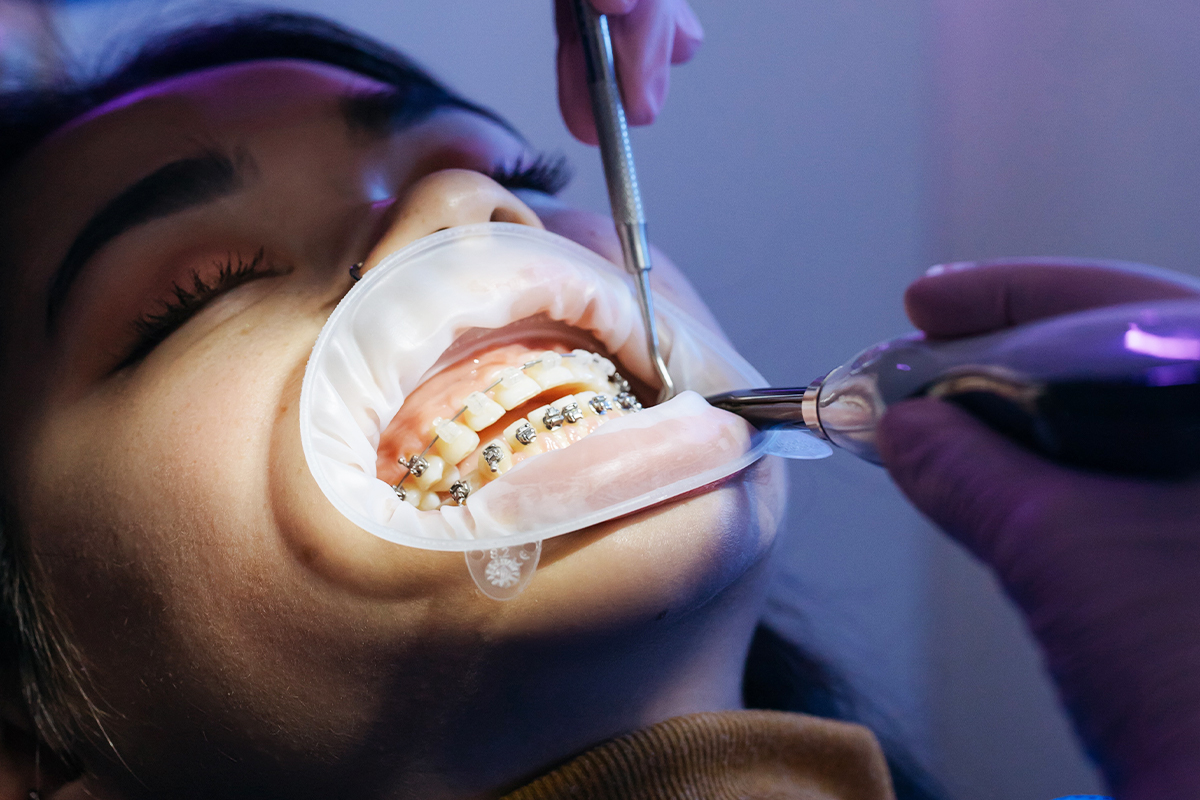When a tooth is decayed and causing severe pain, many consider extracting it as the easiest solution. However, such decisions should not be made lightly. Although tooth extraction may sound like a simple choice, it might not be the best one!
Most patients are not aware of the numerous benefits of saving their natural teeth. Before making this crucial decision, make sure you know all the facts.
Benefits of saving a tooth
What are the advantages of preserving your teeth? Endodontists, experts focused on this field, have the answers.
Natural teeth are stronger. They function better than artificial ones and are easier to maintain. Although technology and materials are better than ever, artificial teeth still lack the same strength as natural ones.
Avoiding teeth shifting. When a tooth is extracted, a gap is created in your smile, allowing neighboring teeth to shift. This movement takes time but can eventually cause problems with chewing and bite alignment. These issues can create a domino effect resulting in pain, poor nutrition, and reduced quality of life.
Maintaining a youthful appearance. When teeth are extracted, the supporting roots in the jaw also recede. As a result, facial appearance changes, and people often look older than they really are.
Preserving self-confidence. If the tooth that needs to be extracted is visible when you smile, the resulting gap can negatively impact your self-confidence. We often see patients who have lost the joy of smiling because they feel embarrassed about their missing tooth.
Less pain. After tooth extraction, most patients feel pain for a few days, and that's it.
Fewer dental visits. After tooth extraction, your dentist may consider placing a crown, implant, bridge, or other solutions for the tooth problem. This could mean more dental visits, higher costs, and sometimes more pain.
Lower costs. Although you might think that tooth extraction is cheaper than repair, the truth is that replacing a tooth costs more in terms of time and money. And the decision not to replace it will likely have physical and emotional costs.
How to save a tooth
There are many compelling reasons to keep your natural teeth for as long as possible. Decay and infection can make it challenging and force you to make difficult decisions. The answer usually involves cleaning and disinfecting the root canal to remove inflamed or infected inner pulp. Once the tooth's interior is cleaned, the natural tooth is filled with a material for strength and protection, or it is restored with a crown, functioning like any other tooth.
This way, not only do you save your natural tooth, but you also eliminate the pain, and the recovery time is minimal.
When to extract a tooth
Although preserving a tooth is always desirable, sometimes extraction is the better option. When a tooth is cracked, especially if it is below the gum line or in multiple places, extraction may be necessary. If the tooth is too weak to repair, extraction might be the best choice.
In any case, entrust the decision to your dentist, who is an expert with all the answers to your questions. Need help with a painful tooth or any other dental problem? Contact our clinic today.






